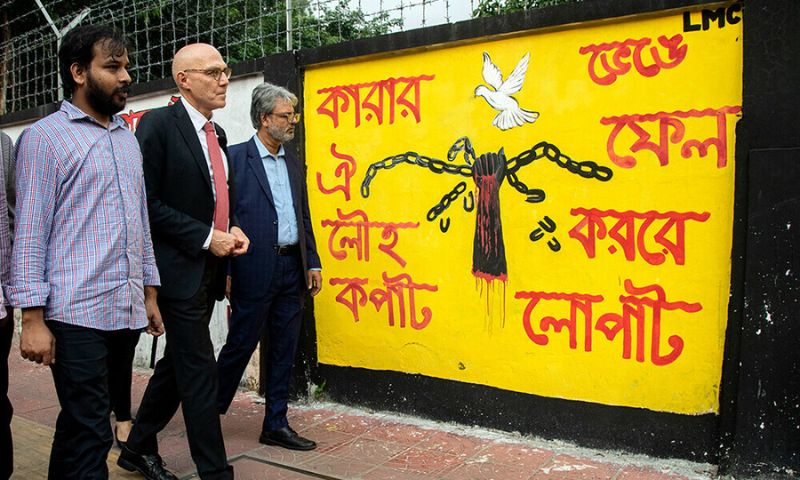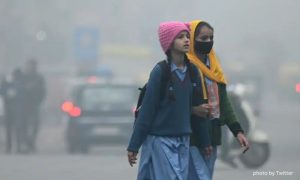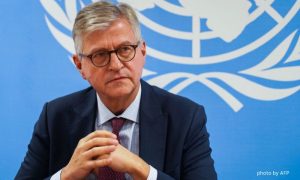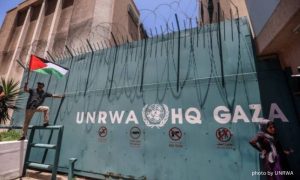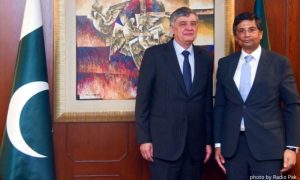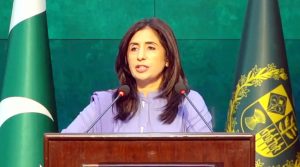DHAKA: UN High Commissioner for Human Rights Volker Turk visited Dhaka University on Tuesday and urged students to “protect” democracy after the recent uprising that led to the ousting of autocratic leader Sheikh Hasina.
Addressing a gathering of tens of thousands, Turk emphasized the fragility of democracy and the need for vigilance as Bangladesh navigates its transition from Hasina’s 15 years of authoritarian rule.
“Democracy is one of the most powerful ideas ever dreamed up by humanity but it is also fragile — something that we must nurture and protect –- particularly in its earliest stages,” Turk said.
In his speech, Turk acknowledged the bravery of the students, many of whom played crucial roles in the protests against job quotas that escalated into a nationwide movement demanding an end to Hasina’s regime. The uprising was marked by significant violence, with over 700 reported deaths, largely due to a brutal police crackdown. Hasina fled to India by helicopter on August 5, following the widespread unrest.
Turk warned the students of the historical pitfalls that have derailed other pro-democracy movements, stating, “The process through which you seek change is just as crucial as the outcome.” He highlighted the importance of nurturing democratic institutions rather than dismantling them.
During his two-day visit, Turk met with key leaders, including Nobel Peace Prize winner Muhammad Yunus, who now heads the interim government, as well as the chief justice and military leaders. He stressed the need to consign “inequality, cycles of revenge and retribution, marginalization, corruption, and gross human rights violations to the past,” urging a focus on social transformation.
After Hasina’s departure, dozens of her allies have been arrested, and a court recently issued an arrest warrant for the former leader. Turk underscored the dangers of a new cycle of reprisals, stating, “We cannot allow a vicious new cycle of reprisals and revenge to repeat itself.” He called for a justice system that goes beyond mere trials to address the root causes of societal issues.
Student protest leader Asif Nazrul, now part of Yunus’s government, reported that Turk raised concerns about the International Crimes Tribunal (ICT) in Bangladesh, which is pursuing prosecutions against the former regime. Nazrul said that Turk questioned the legal framework of the ICT and inquired about the possibility of abolishing the death penalty.









